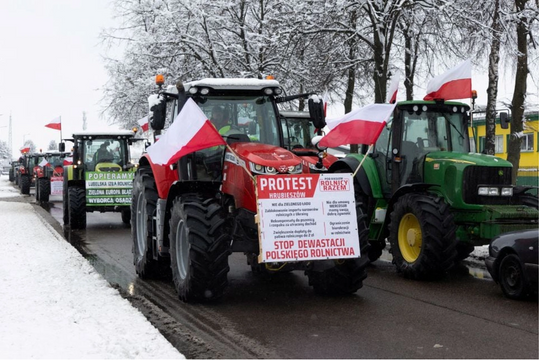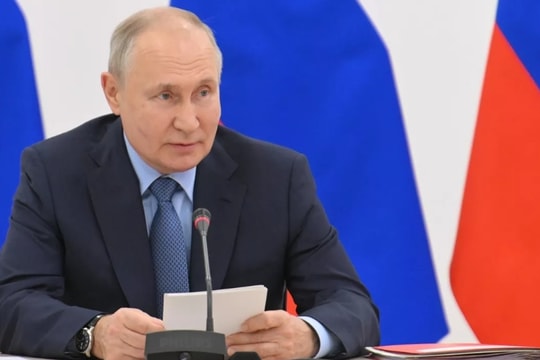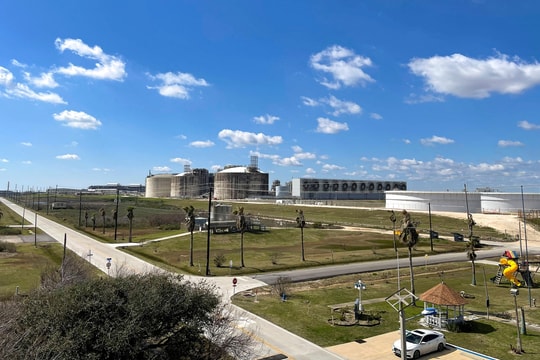Why are farmers protesting across the European Union?
(Baonghean.vn) - Each European Union member state faces its own unique problems, but the protest movement spreading across the continent reflects a common message: Farmers cannot bear the burden of economic and climate policies.
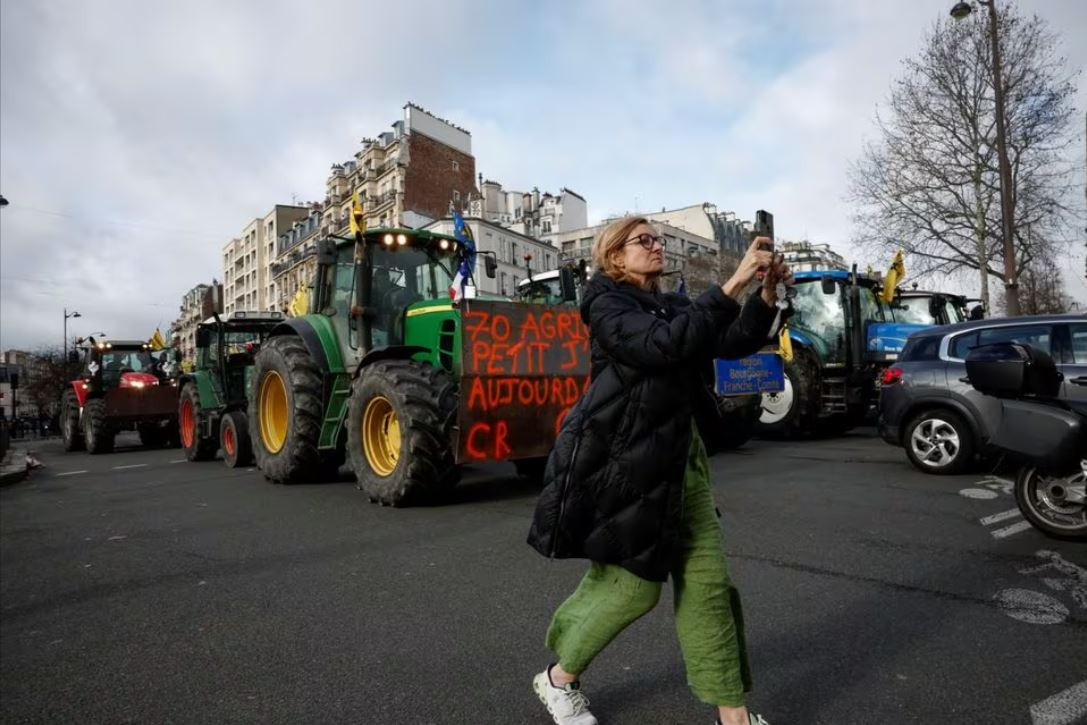
Farmers are protesting across the European Union against government fees, red tape, environmental regulations, and competition from cheap food imports from countries including Ukraine.
Protests have been taking place for weeks in countries including France, Germany, Belgium, the Netherlands, Poland, Spain, Italy and Greece.
According to Reuters, French farmers protested loudly throughout the streets of Paris on February 23. Dozens of tractors rolled into the capital, honking their horns, carrying banners: "Mr. Macron, you are sowing the wind, be careful not to reap the whirlwind." The actions of French farmers are intended to warn President Emmanuel Macron that he will have difficulty opening a major exhibition on February 24, amid anger over costs and government bureaucracy.
Each European Union member state faces its own unique problems, but the protests spreading across the continent reflect a common message: Farmers cannot bear the burden of economic and climate policies.
Import issues
Farmers' protests in Eastern Europe have focused on unfair competition, with large volumes of imports from Ukraine - a country that has been exempted from EU quotas and tariffs since the conflict with Russia broke out.
Polish farmers have blocked all roads in the border area with Ukraine. Kiev has criticized that this is affecting Ukraine's defense capabilities, and facilitating Russia's goals.
Meanwhile, farmers in the Czech Republic drove their tractors into the center of the capital Prague, disrupting traffic around the Ministry of Agriculture.
Farmers are angry and protesting against imports from Ukraine, which they say put pressure on market prices in Europe, while failing to meet environmental standards imposed on EU farmers.
Renewed talks to sign a trade deal between the EU and the South American bloc have also raised concerns about unfair competition on foods such as sugar, cereals and meat.
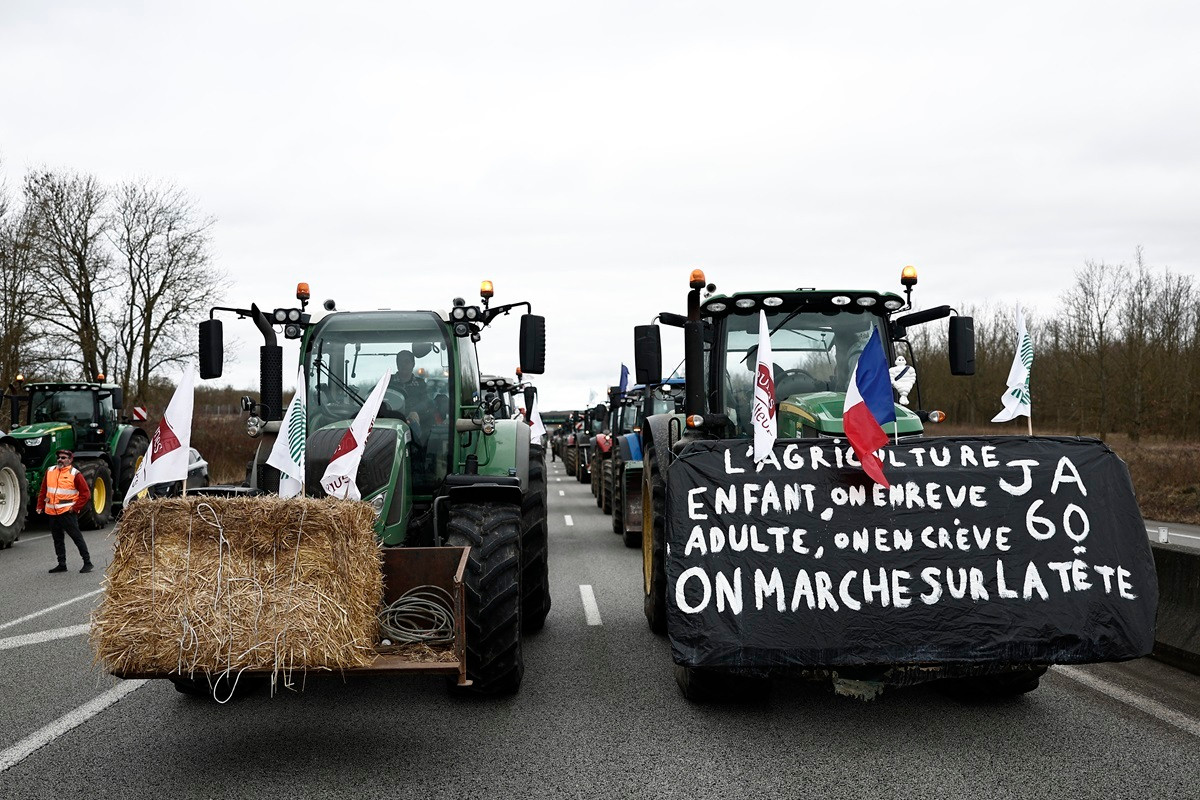
Fees and procedures
Farmers have taken issue with overly stringent regulations, mostly at the union level. Such as the requirement to set aside 4% of agricultural land for a period of time to allow ecosystems to recover.
French farmers say they do not earn adequate incomes and are hampered by overly stringent environmental regulations.
In Spain, farmers have complained about "suffocating bureaucracy" in Brussels eroding profits from agricultural crops.
In Greece, farmers are demanding higher subsidies and faster compensation for crop damage and livestock losses in the 2023 floods.
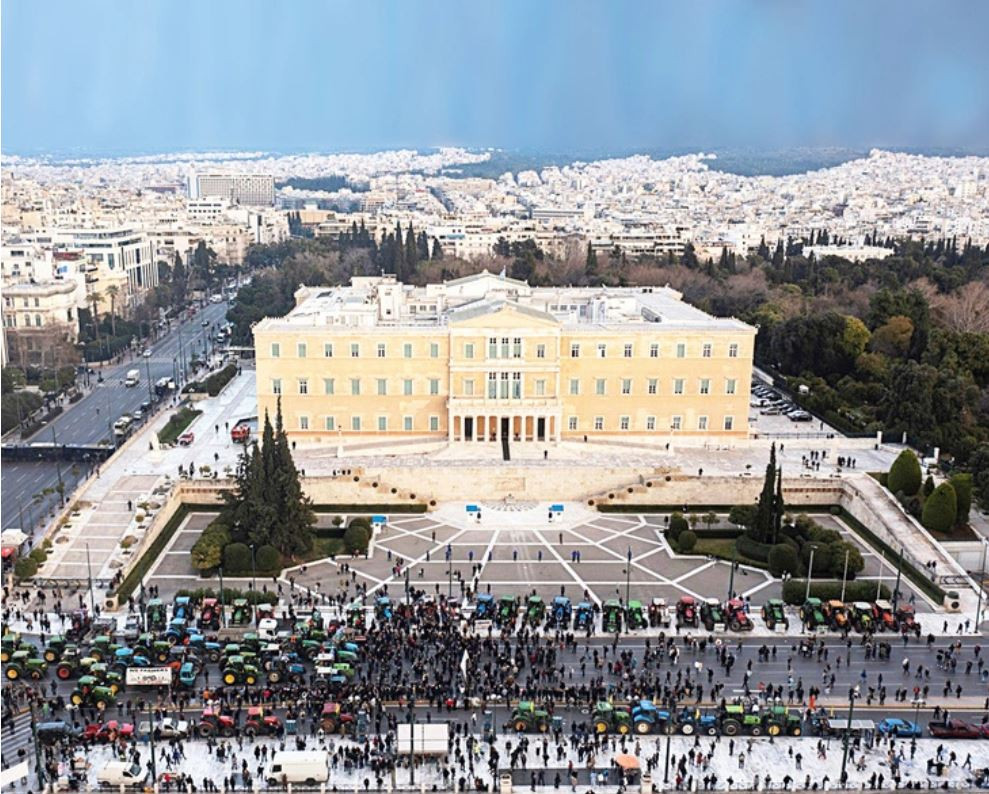
Fuel costs increase
In Germany and France - the EU's biggest agricultural producers - farmers have protested against government plans to gradually end diesel fuel tax breaks for farmers.
Similarly, Greek and Romanian farmers also want to reduce taxes on diesel, protesting against high fuel prices.
What are governments doing?
In the face of widespread protests, the European Commission (EC) proposed late last month to restrict agricultural imports from Ukraine by applying an “emergency brake” on the “most sensitive” items such as poultry, eggs and sugar. However, producers say the import volume is still too high.
The EC has also postponed the implementation of the fallow land regulation for farmers until 2024. This will no longer require farmers to keep 4% of their land fallow while still receiving EU subsidies. Instead, they will have to grow crops without the use of pesticides.
French Prime Minister Gabriel Attal has announced measures including controls to ensure imported food does not contain traces of pesticides banned in France or the EU; and negotiations to raise prices for farmers as well as loosening regulations and red tape.
European governments have taken steps to ease the situation. France and Germany have both eased pressure and canceled diesel tax increases. In Romania, the government has moved to increase diesel subsidies, address insurance and speed up subsidy payments.
In Portugal, the government has announced an emergency aid package worth 500 million euros, including 200 million euros to mitigate the impact of the prolonged drought./.

